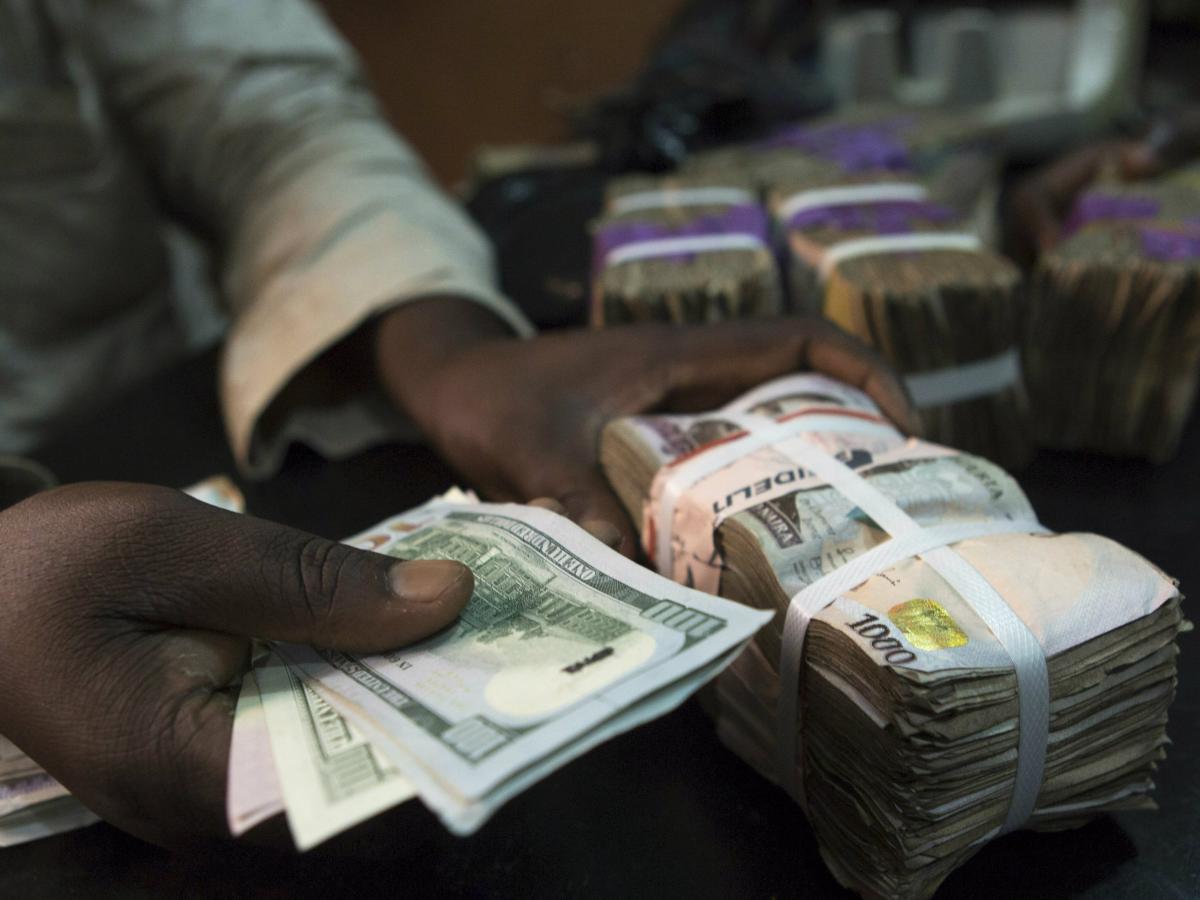By ODEWALE Abayomi
In an attempt to salvage naira and curtail the excesses of Bureau De Change (BDC) operators who exploit and artificially inflate dollar/naira exchange, the Central Bank of Nigeria (CBN) stopped the sales of forex to them. There are apprehension and speculations that the directive will stir artificial dollar scarcity and mount pressure on the naira – thereby, a spike in dollar/naira exchange rate.
From an ideal perspective, the directive is a move to discourage illicit financial flows, BDC racketeering, arbitrage and indiscriminate round tripping but, as beautiful as this policy seems, the CBN governor’s directive left some vacuum; which could backfire if not clarified with a practicable working template.
The directive can not be effective without addressing the underlying factors that push people to the black market. In 2016, the CBN banned sale of forex to Bureau De Change operators (BDC’s). As at then, the black market rate was N270. 25 and rose to about N340, a staggering 26% rise in dollar/naira exchange rate within 25 working days.
The recurrent unavailability of forex at banks unarguably worsened the situation. In averting the pitfalls of 2016 which drove many people to the black market, can commercial banks meet the surging demands for dollars?
Nigeria’s main export, the sales of crude oil, fluctuates at the international market with the dwindling foreign exchange reserves. Shortages of forex raise concerns on how commercial banks intend to meet the surging forex demands in the coming days.
In the immediate – medium term, the government needs to devise creative ideas and innovative programmes in expanding the forex inflow base. For a balance of trade in the long term, Nigeria needs to create an enabling industrial development environment for an export-driven economy to thrive. This will ease pressure on forex in the long term.
Though banks will sell forex at a cheaper and affordable exchange rate, the banks’ administrative bottlenecks and difficulty while filing applications for forex also makes the parallel market attractive to impatient customers. Are there measures to seamlessly process forex applications and transactions on time?
There is skepticism on whether banks will now provide forex outside Personal Travel Allowance (PTA) and Business Travel Allowance (BTA) purposes – a vacuum which BDCs hitherto cover.
Currently, due to the existing monthly dollar limit of $100 on naira accounts, foreign shoppers patronise black markets in order to cover the forex deficit.
It is pertinent to review and increase the monthly dollar limit on naira accounts now that CBN has increased their forex flow. The CBN’s statement failed to clearly state the conditions for accessing dollars at the banks. Will the conditions favour non-business men who patronise the parallel market?
Even if it favours non-business men, there are speculations that some banks could hoard forex, deny legitimate citizens forex, collude with BDC operators thereby, diverting the forex into the parallel market at exorbitant rates. What are the stringent measures to sanction erring commercial banks? These are the germane downsides and concerns. .
Since most Nigerian local industries rely on forex to drive production, failure to address these grey areas would push people to BDC operators; who will aggressively source forex in the deeper black market. Suffice to say the ripple effects on the economy and accompanying staggering inflation will plunge more Nigerians into poverty.
Abayomi, a Civil Engineer by profession, writes on economy, human rights, and climate change. He tweets @ODEWALEAbayomi

 Join Daily Trust WhatsApp Community For Quick Access To News and Happenings Around You.
Join Daily Trust WhatsApp Community For Quick Access To News and Happenings Around You.

